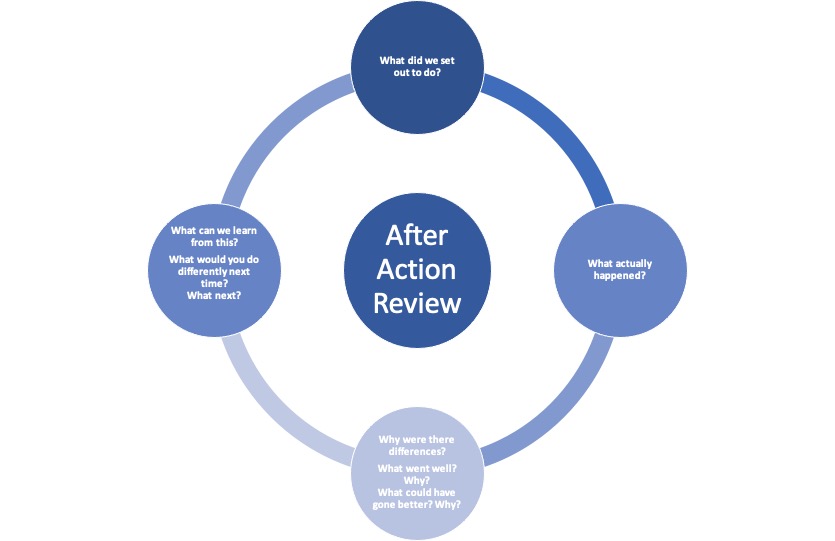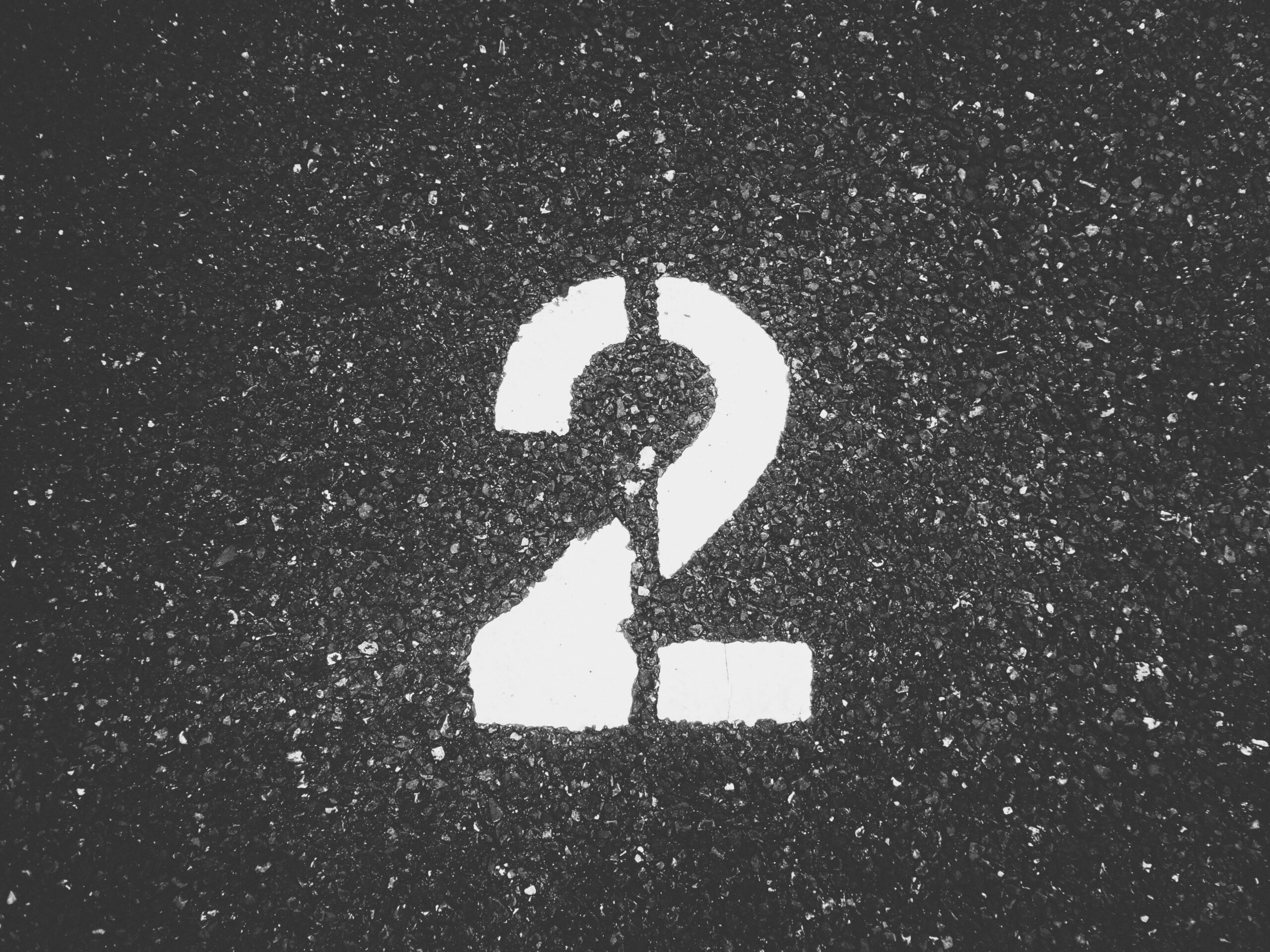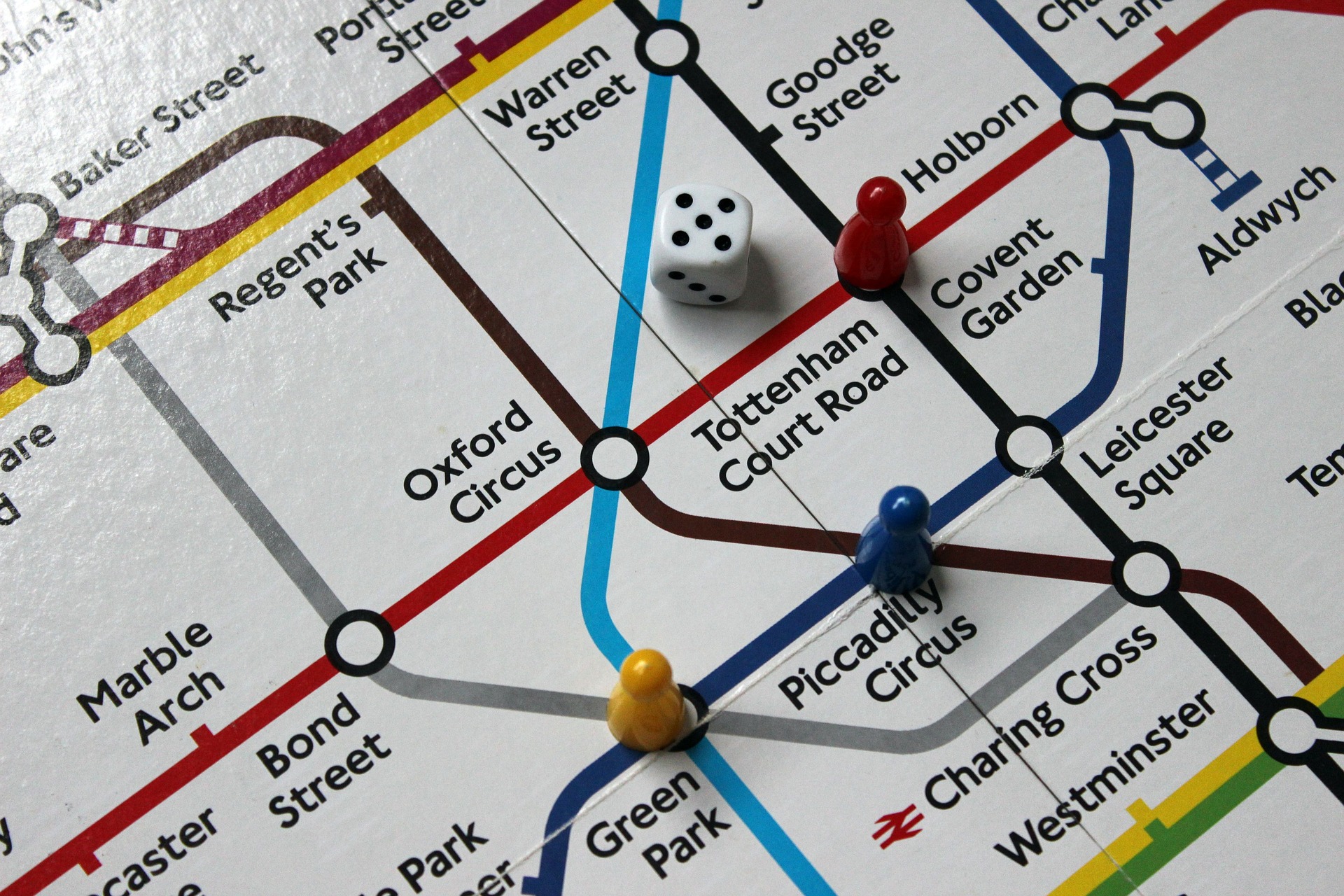How will we be judged by history
In the midst of navigating lockdown we probably haven’t had much time to think about posterity. There is no doubt, however, that THIS period that we are living through will be recorded in the history books and future generations will have been taught as part of landmark history that everyone knows a bit about; The Tudors, Great Fire of London, The Suffragettes, World War II and the Global Pandemic 2020.
It’s werid to think that we are living history and if we are lucky enough to have grandchildren we will probably be interviewed for some school project or other.
After Action Review
The After Action Review (AAR) has it’s origins in the military and is a structured approach for gropus to reflect on what happened, identifying weaknesses, strengths and areas of improvement.
I’d recommend organisations do their own ARR so that they can learn the easy way and evaluate and understand to capture learning which can be integrated into future organisational capability.

What matters is that a facilitated discussion takes place that helps capture a wide range of expectations and perspectives of those involved. These can then be captured as organisational learning which can be shared widely.
This is more than simply “learning from mistakes.” It is an intentional, methodical approach to enabling different viewpoints to be captured and explored.
The key to a successful AAR is that everyone is able to contribute to the process without fear, blame or retribution. A successful AAR is one where people willingly hold their hand up to say “X did go well and it was because I thought/did Y and Z.”
An AAR that is going to be useful requires a safe learning environment and a process which is focused on learning not on holding people to account.
This also means the reflection isn’t about if onlys and maybes. It is about creating a common understanding of the experience. Key questions include:
- What did we set out to do?
- What actually happened?
- Why were there differences?
- What went well? Why?
What could have gone better? Why? - What can we learn from this?
- What would you do differently next time?
- What next?
The what next is really important. The group in the AAR need to agree on actions that need to be taken and how the learning is going to be shared more widely













